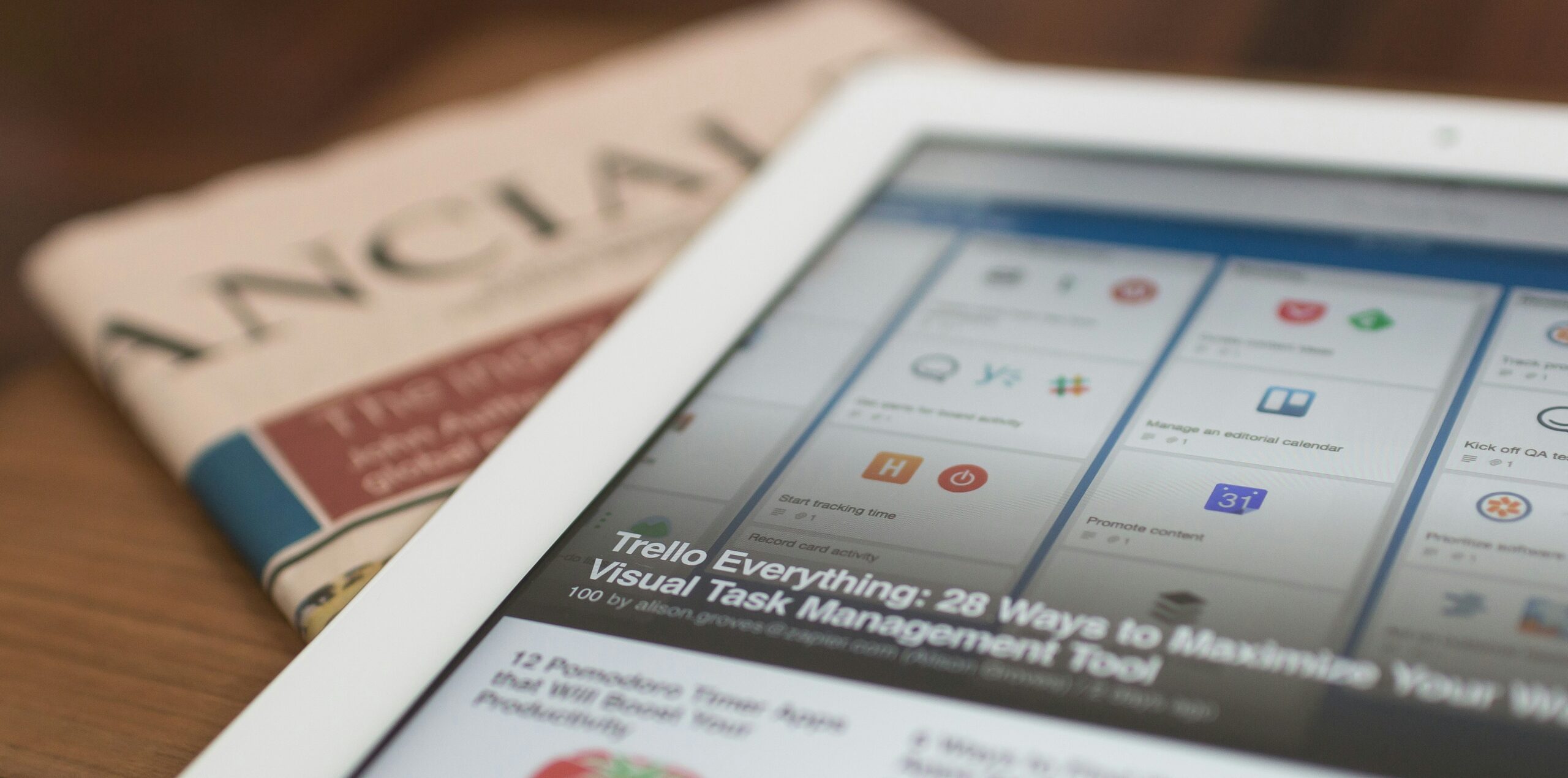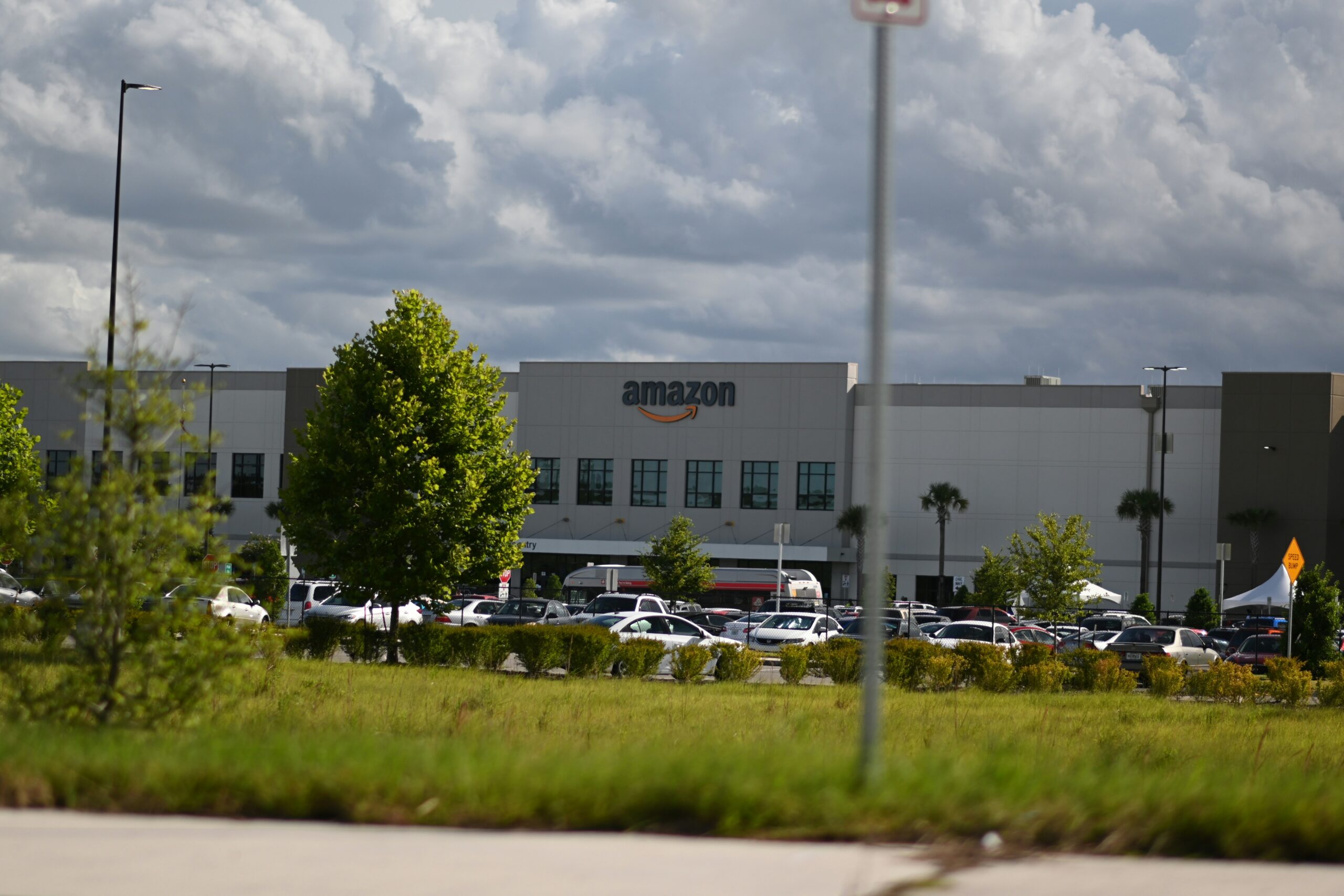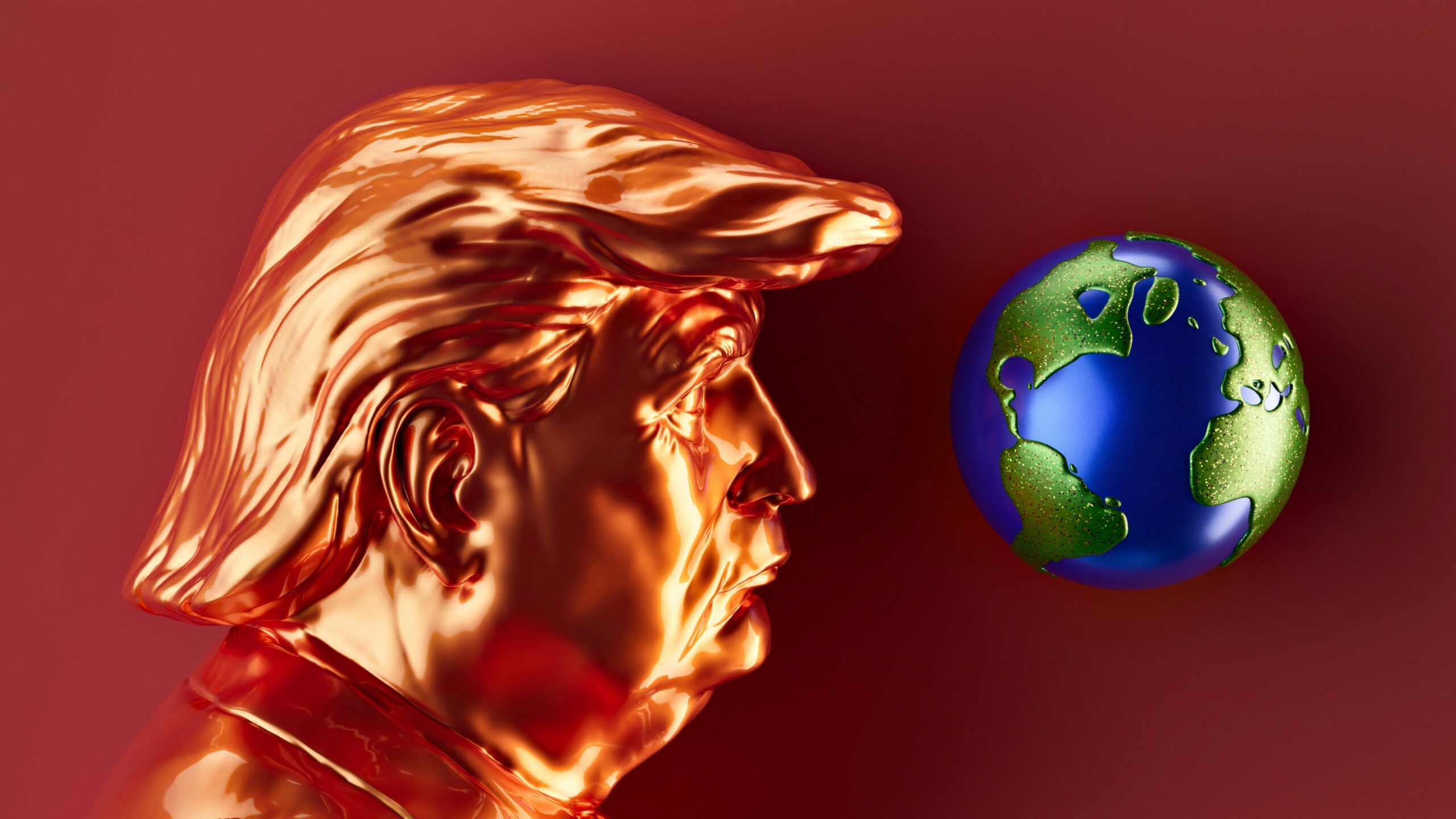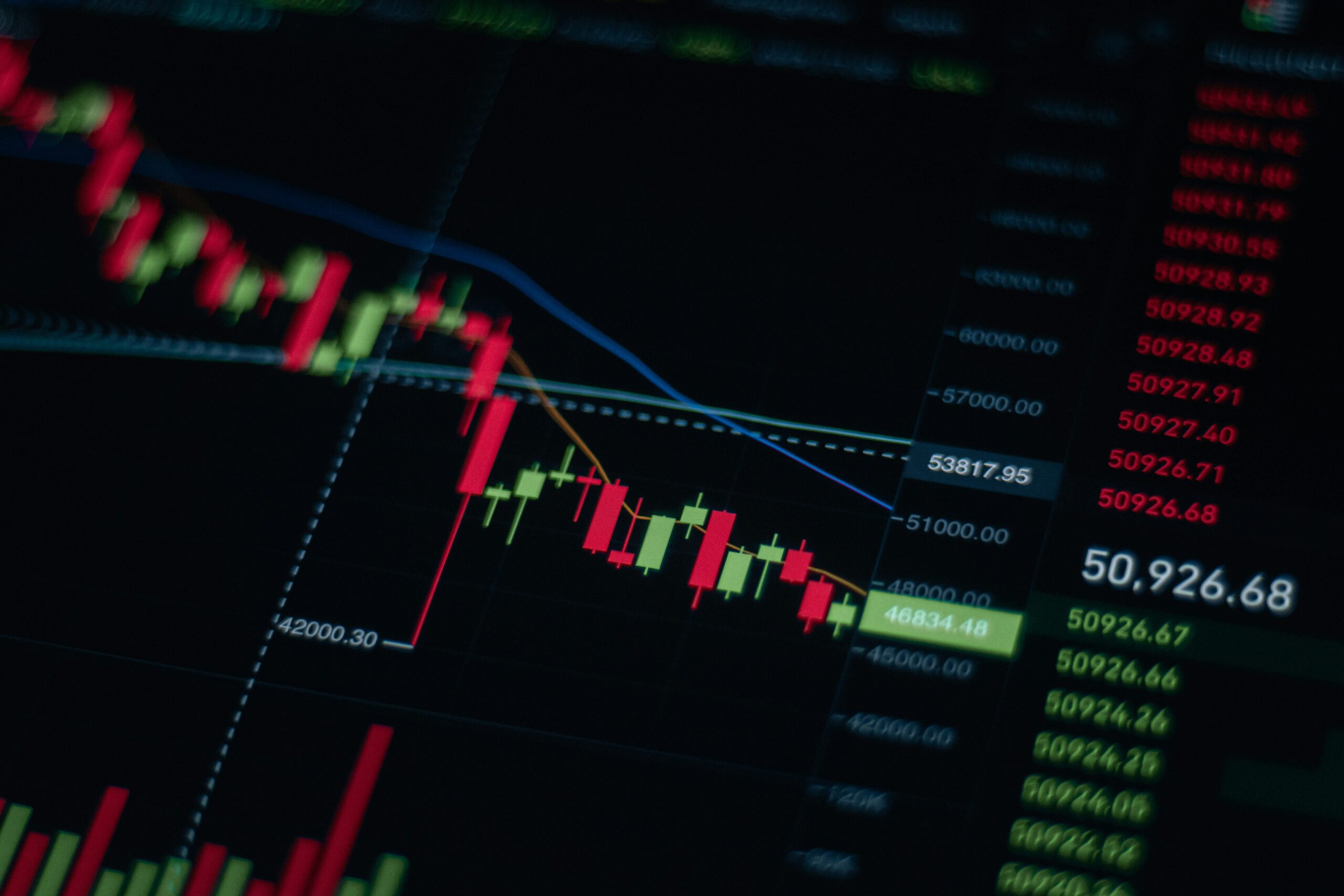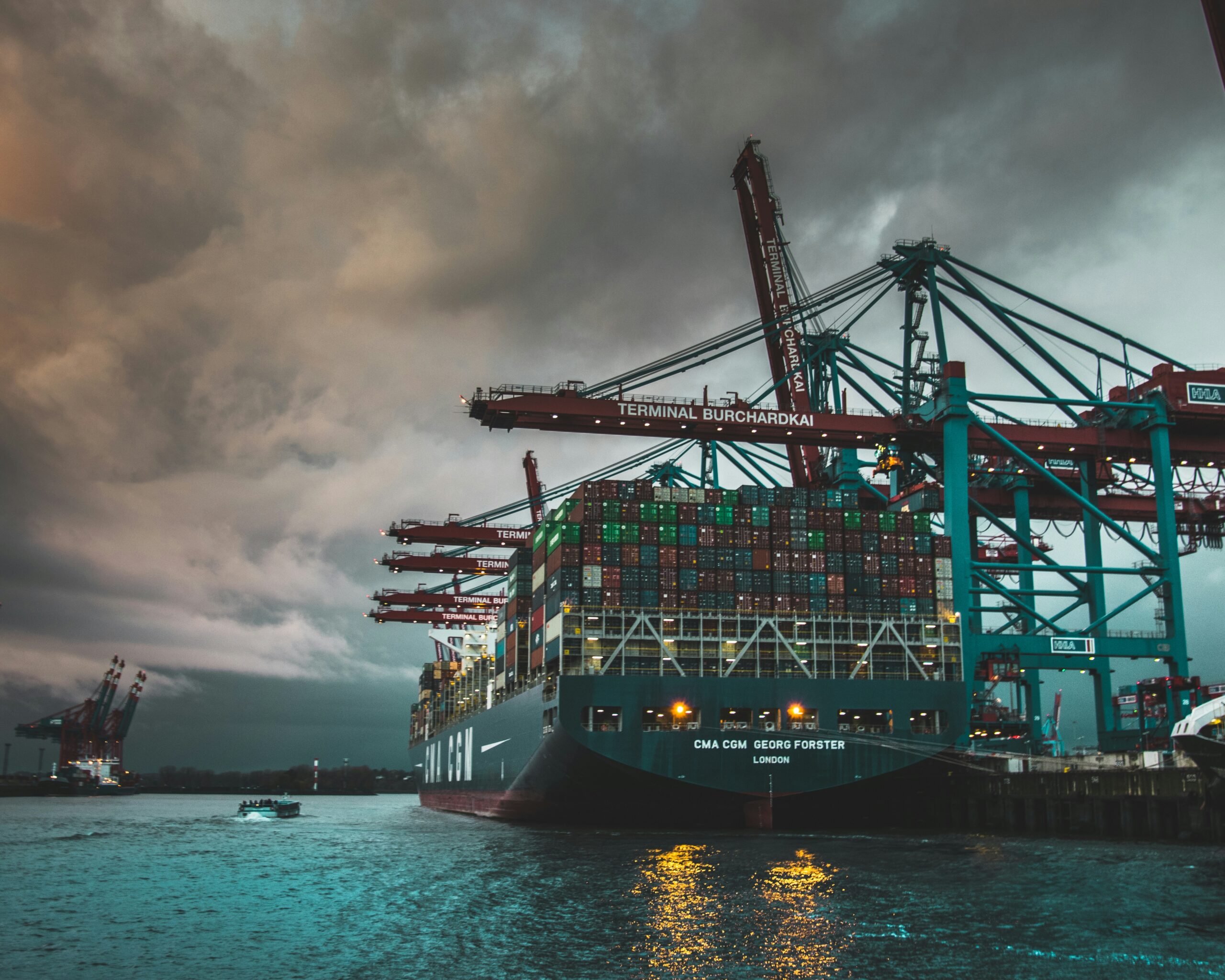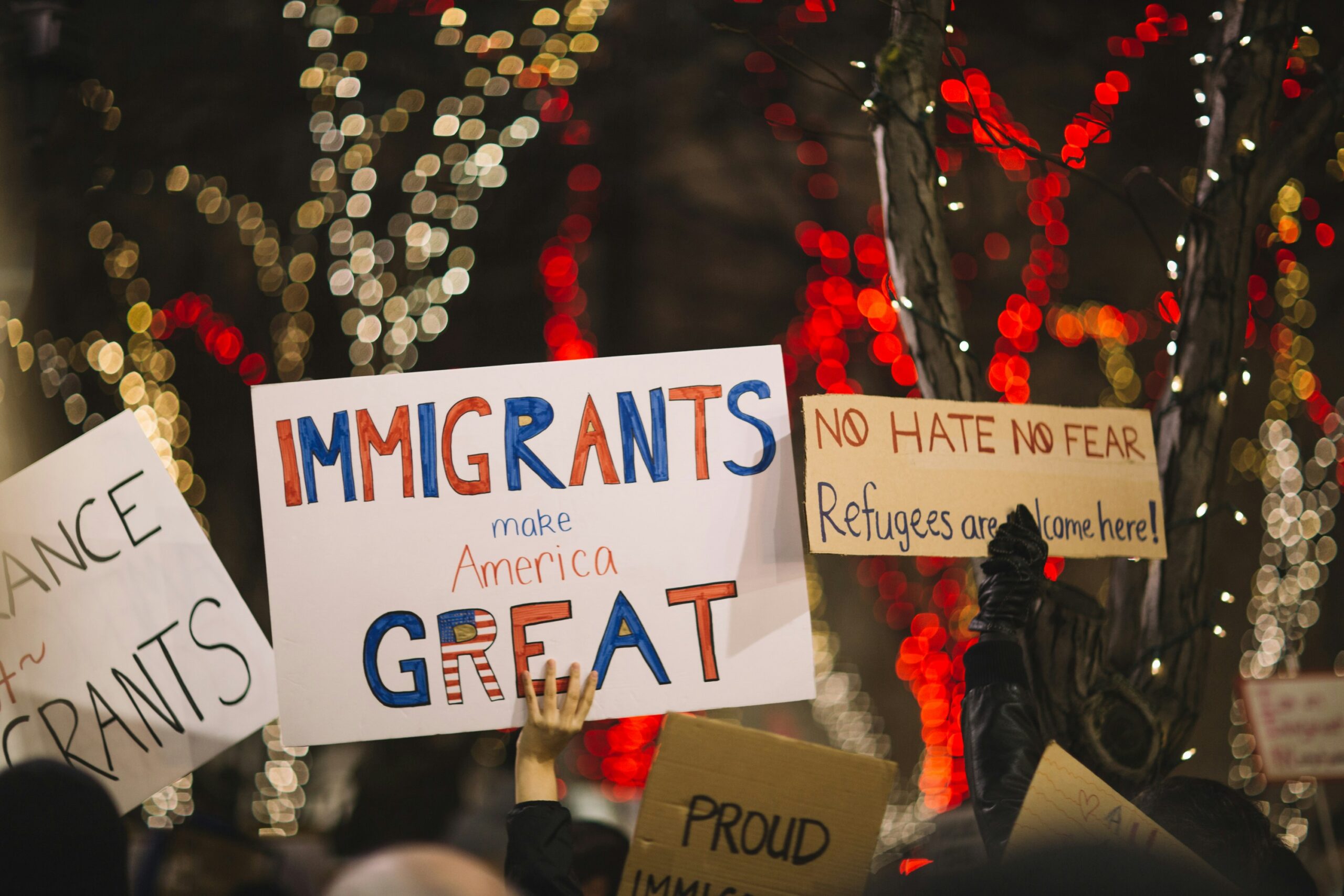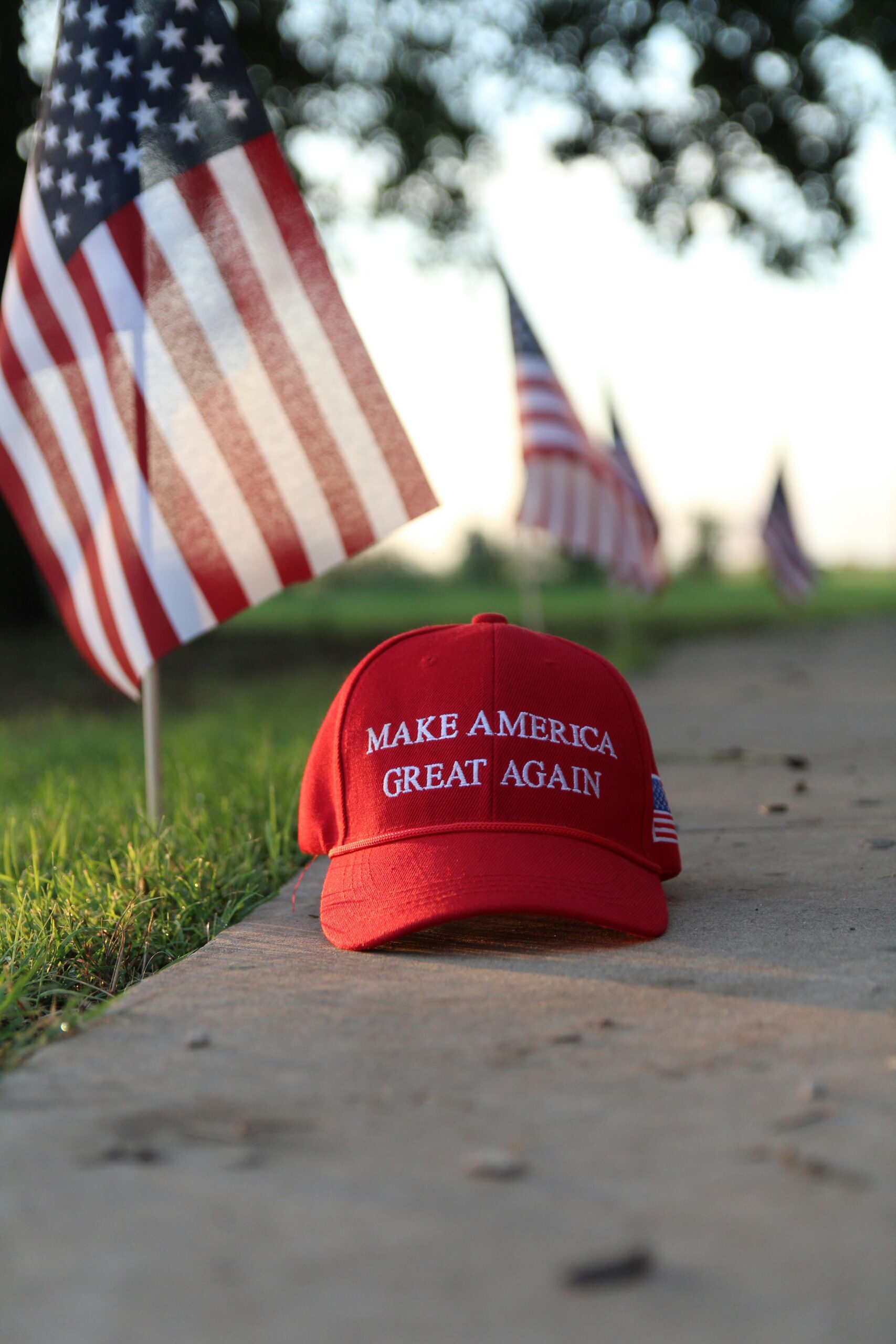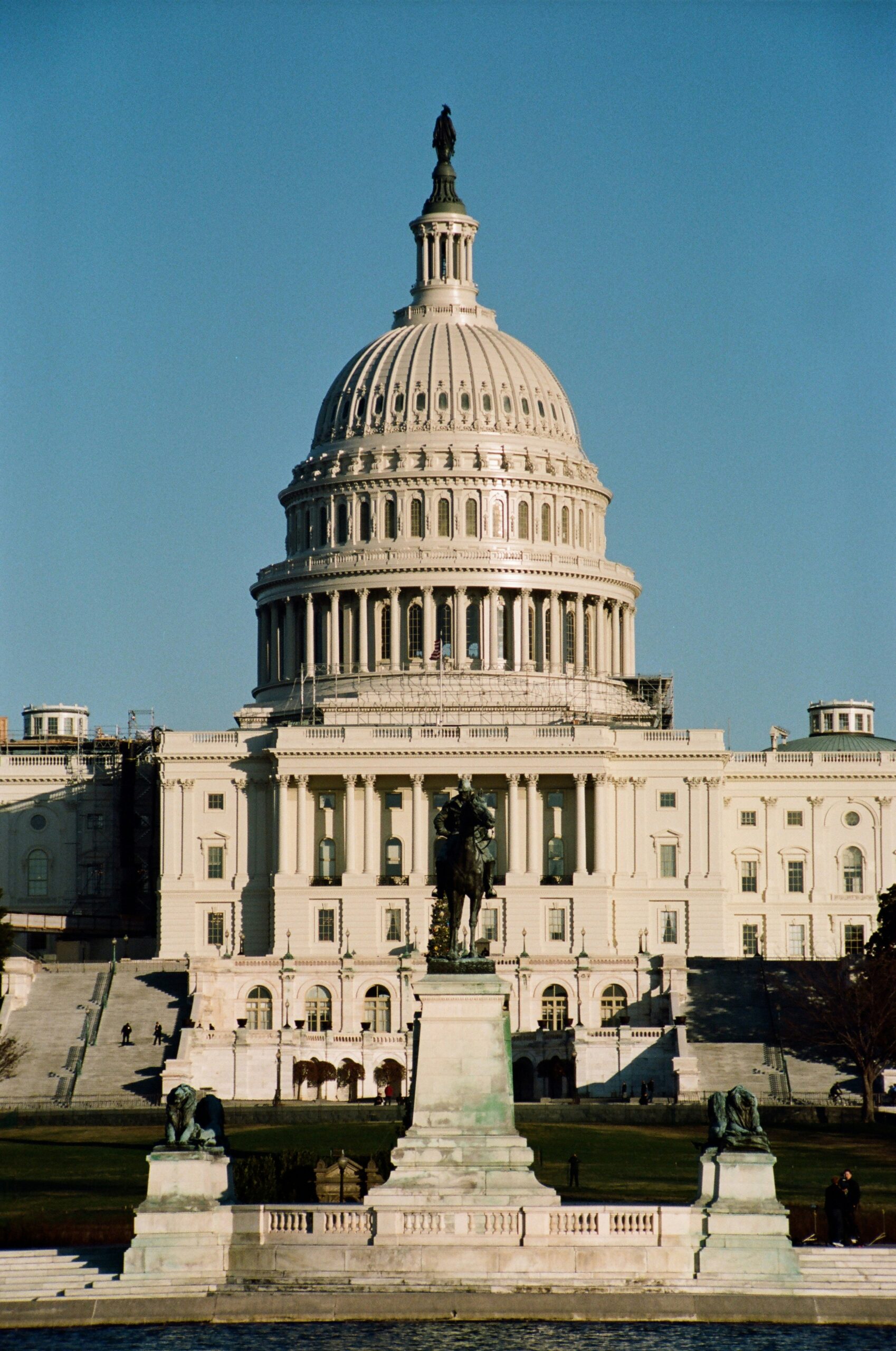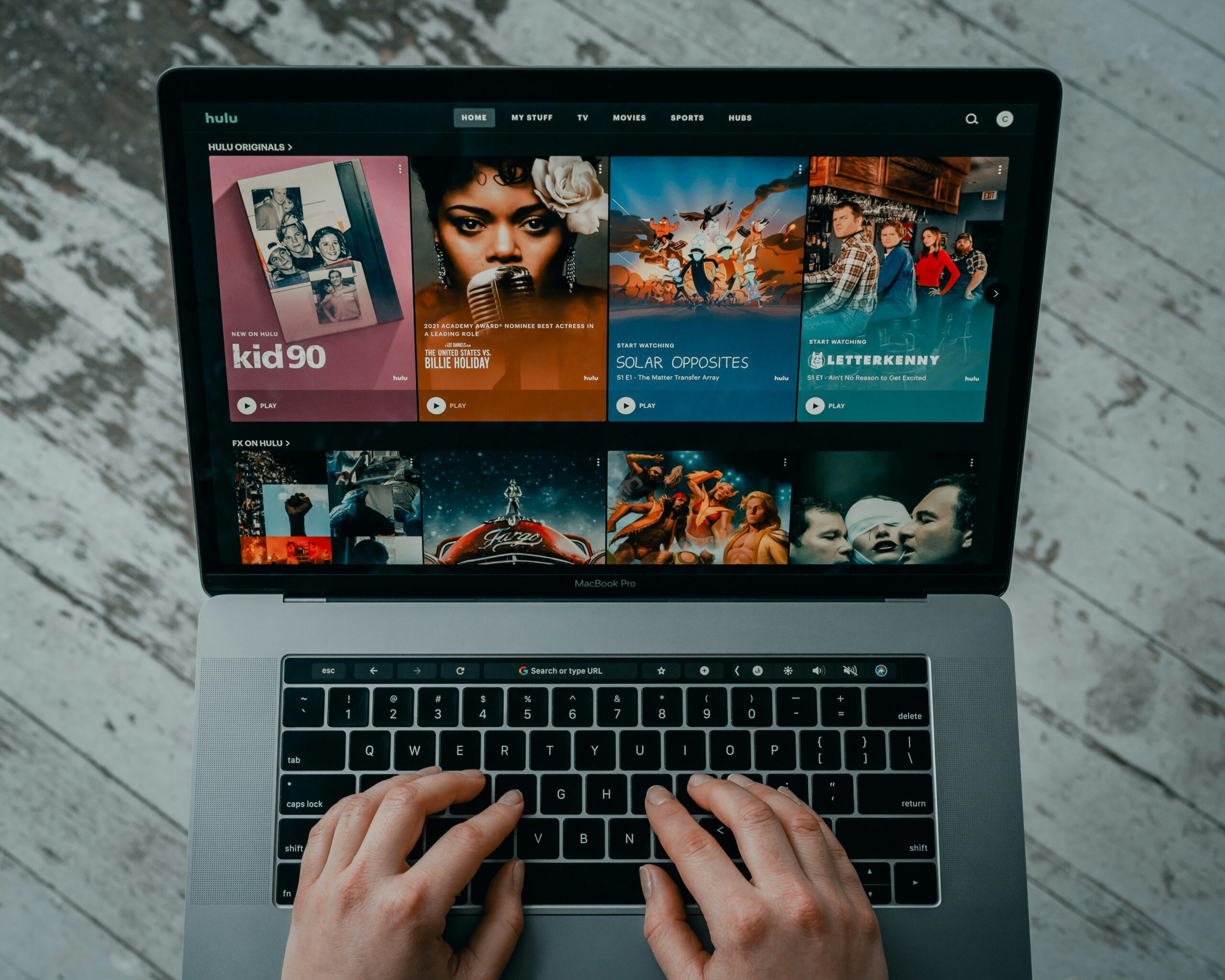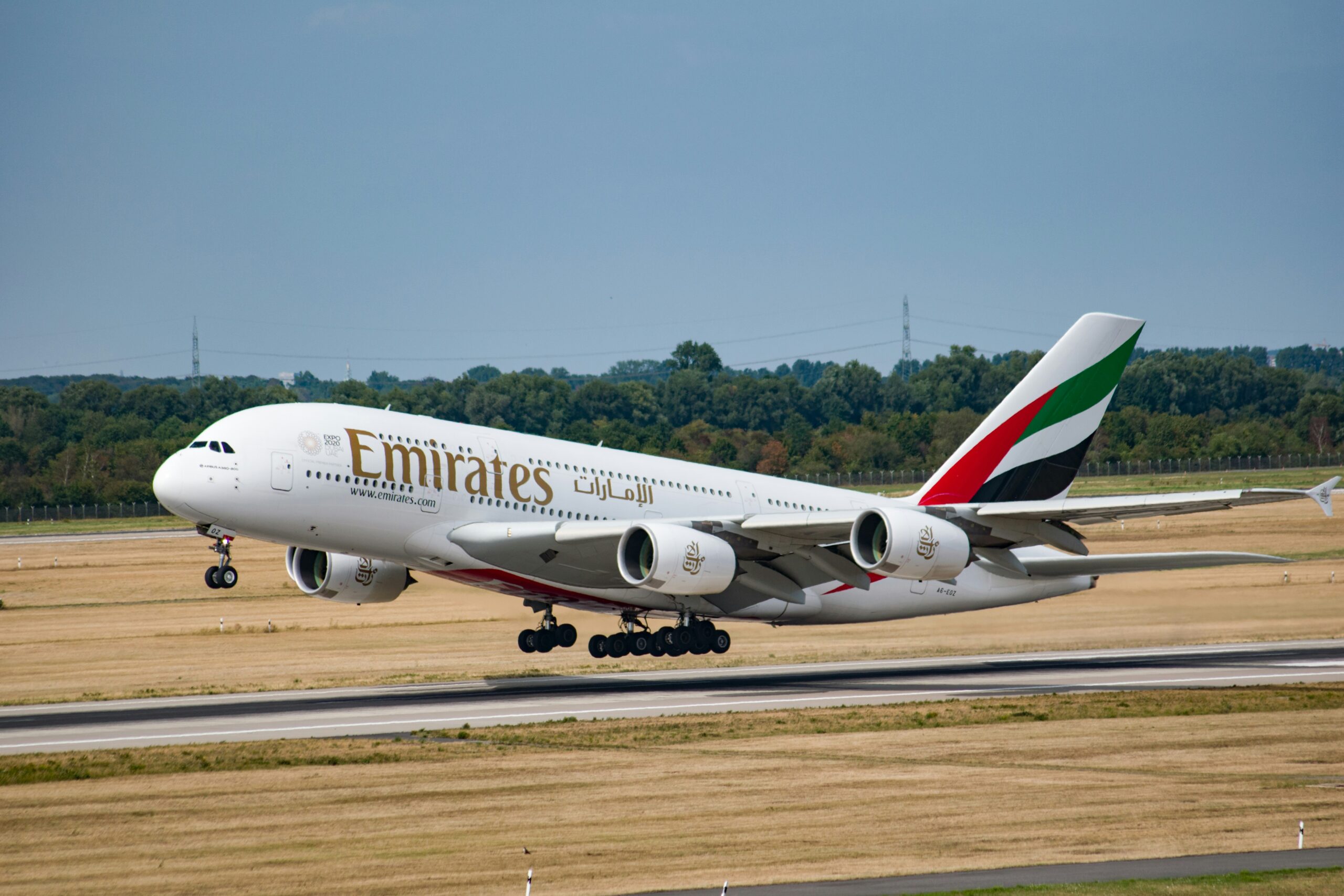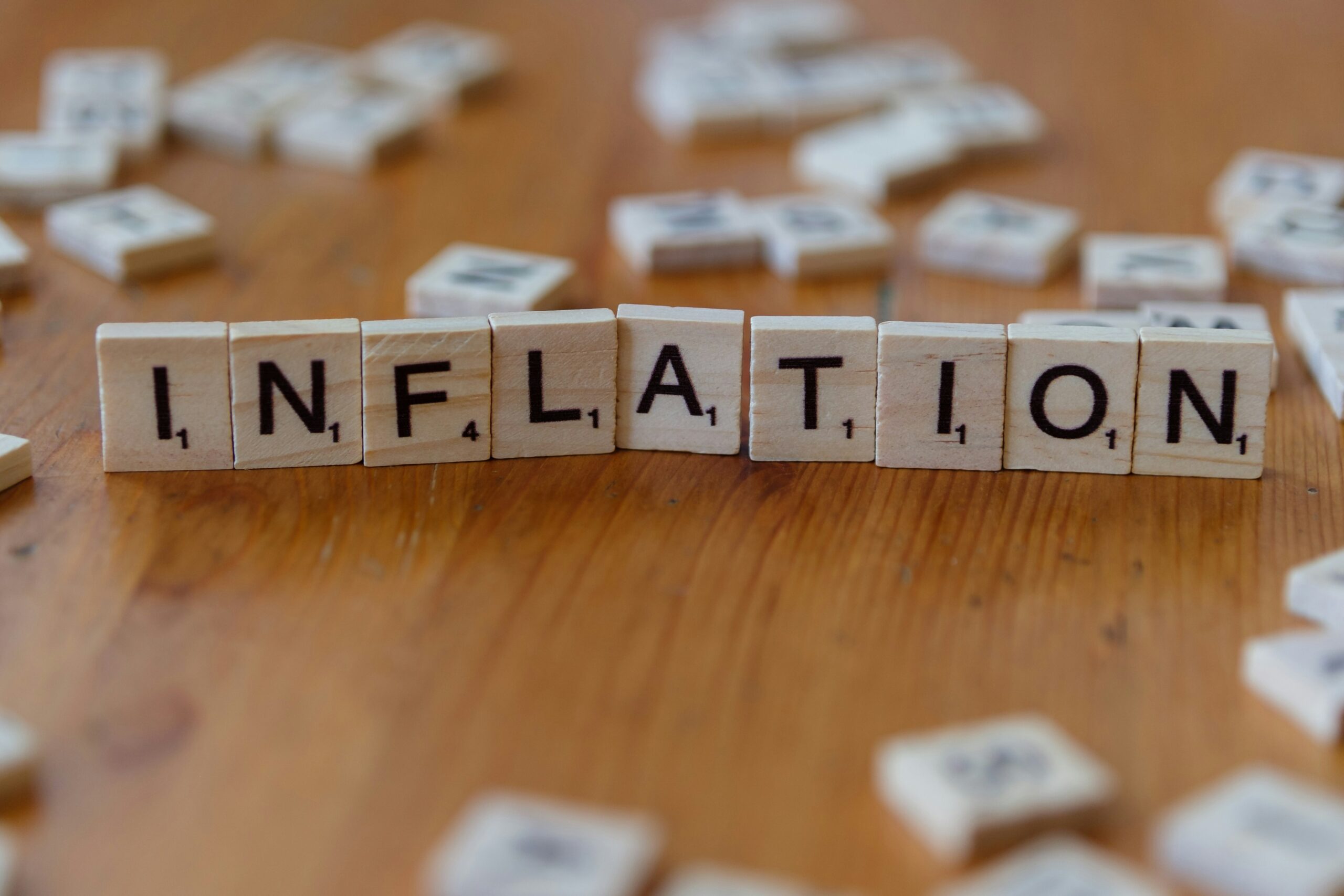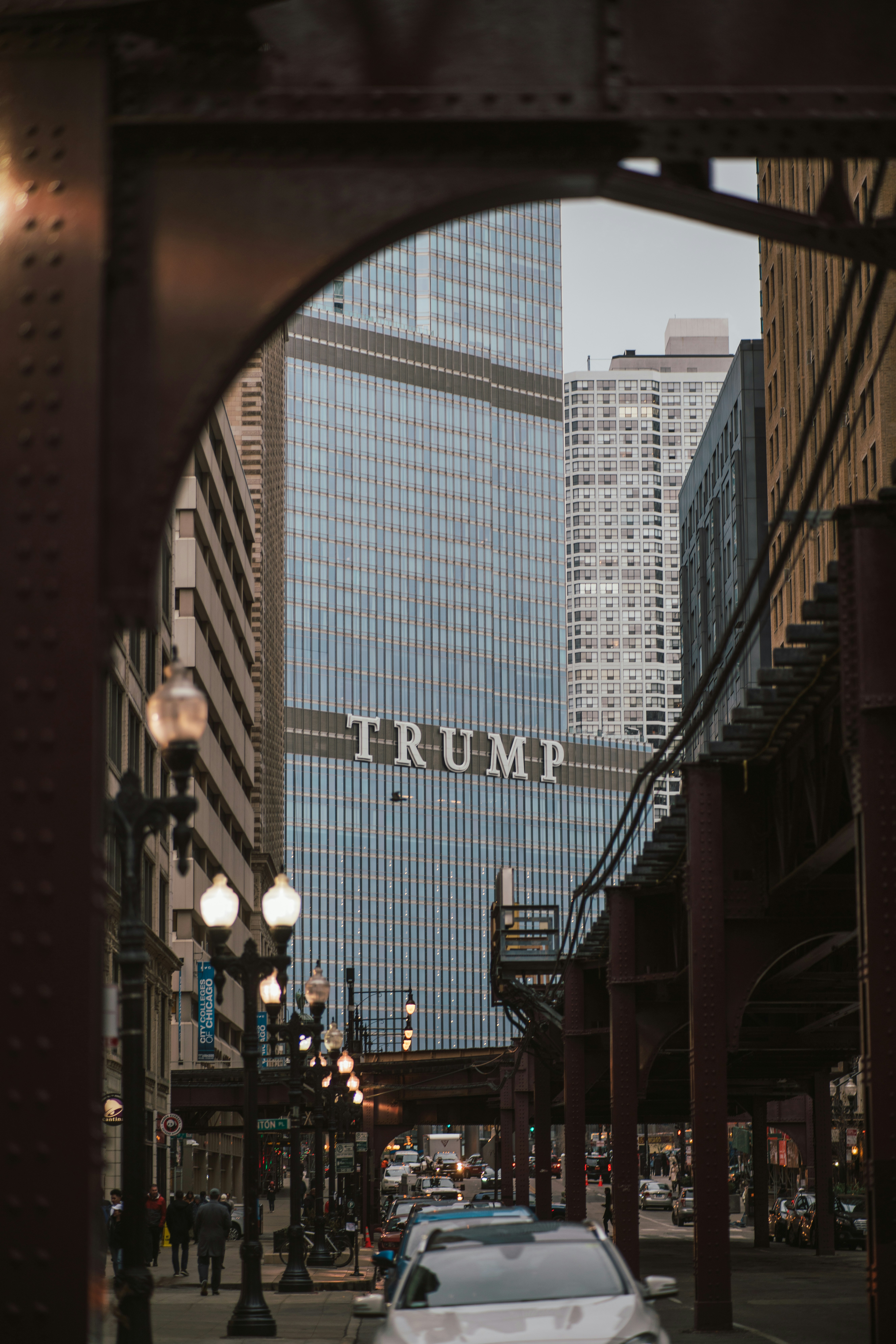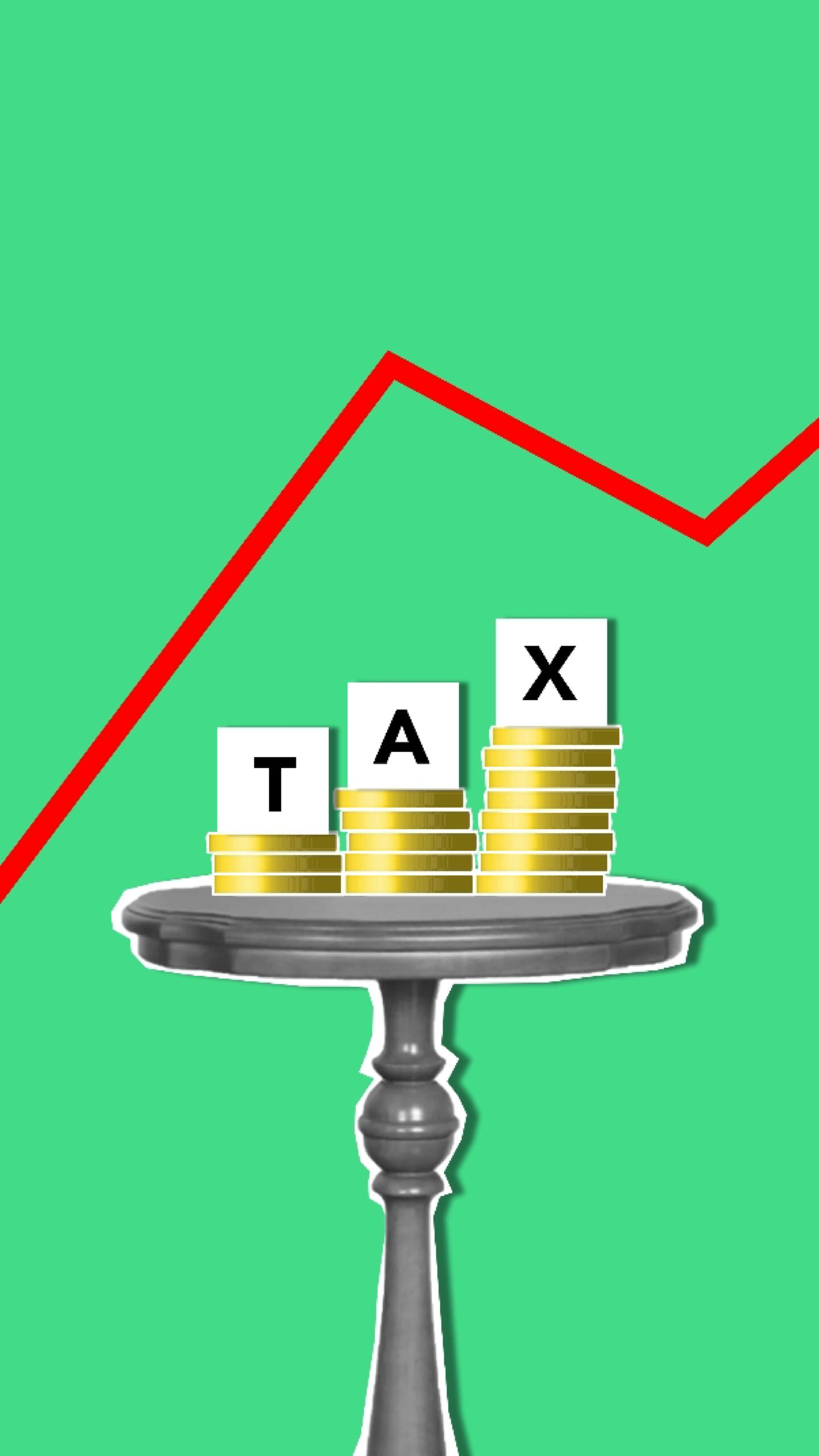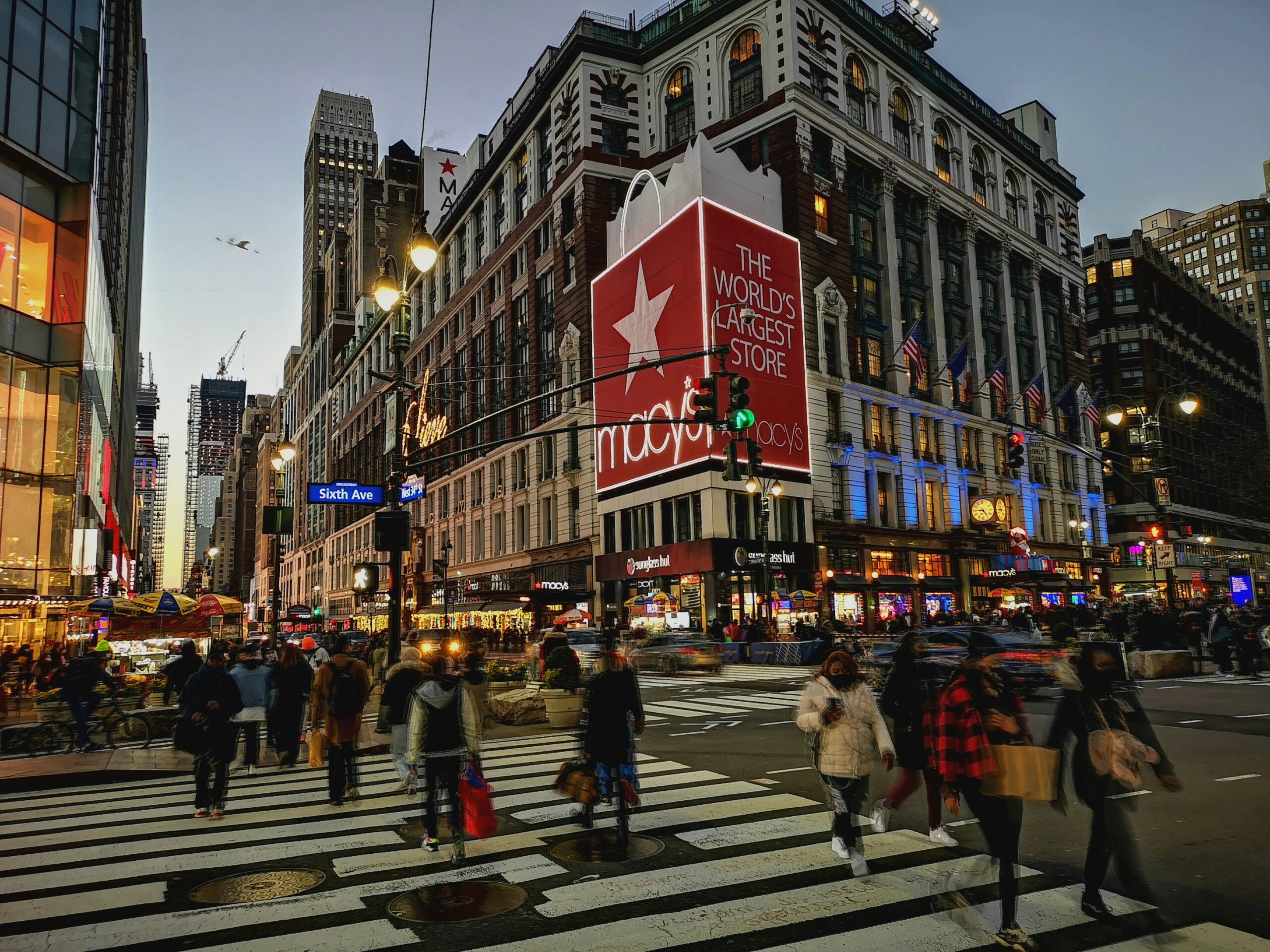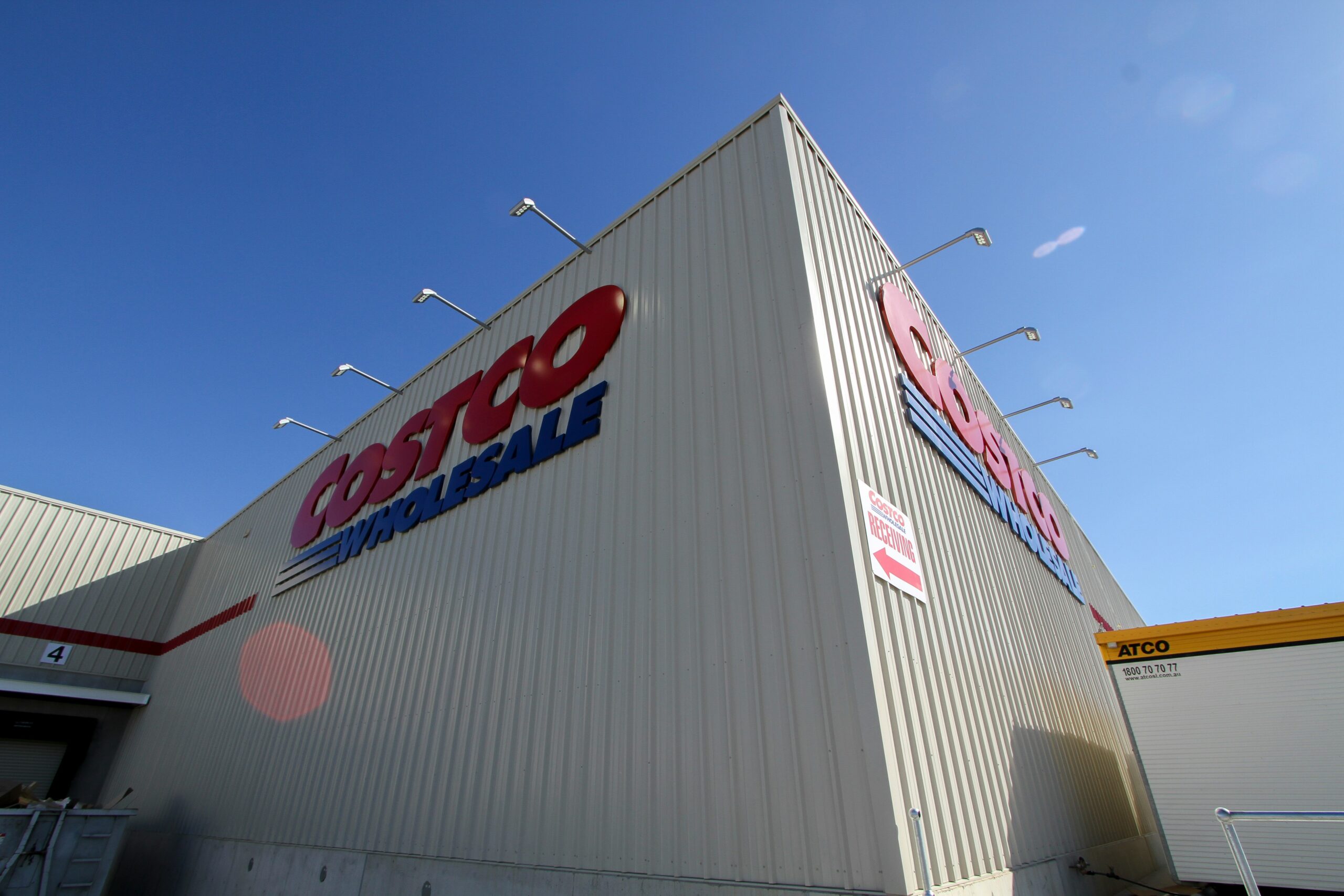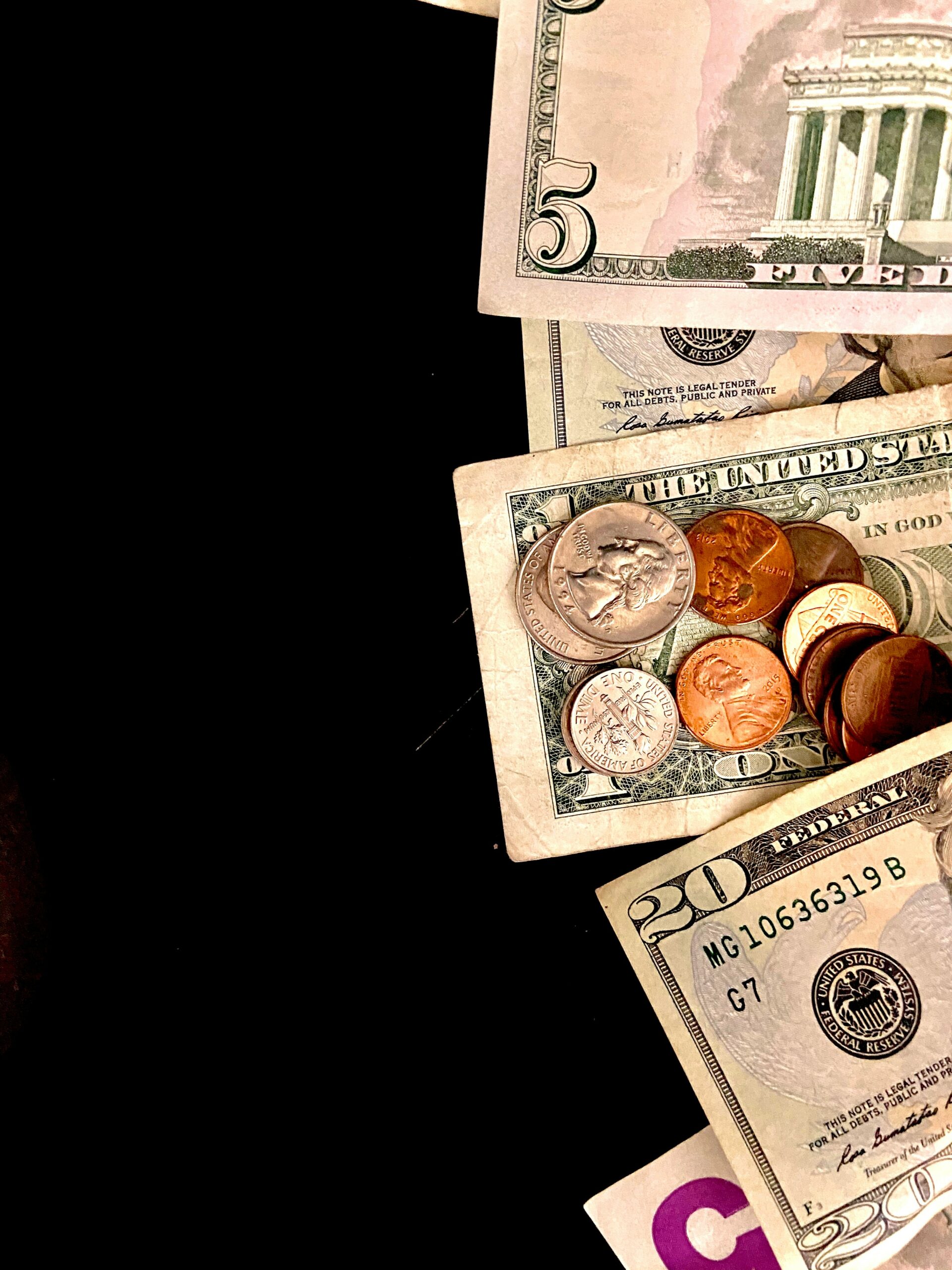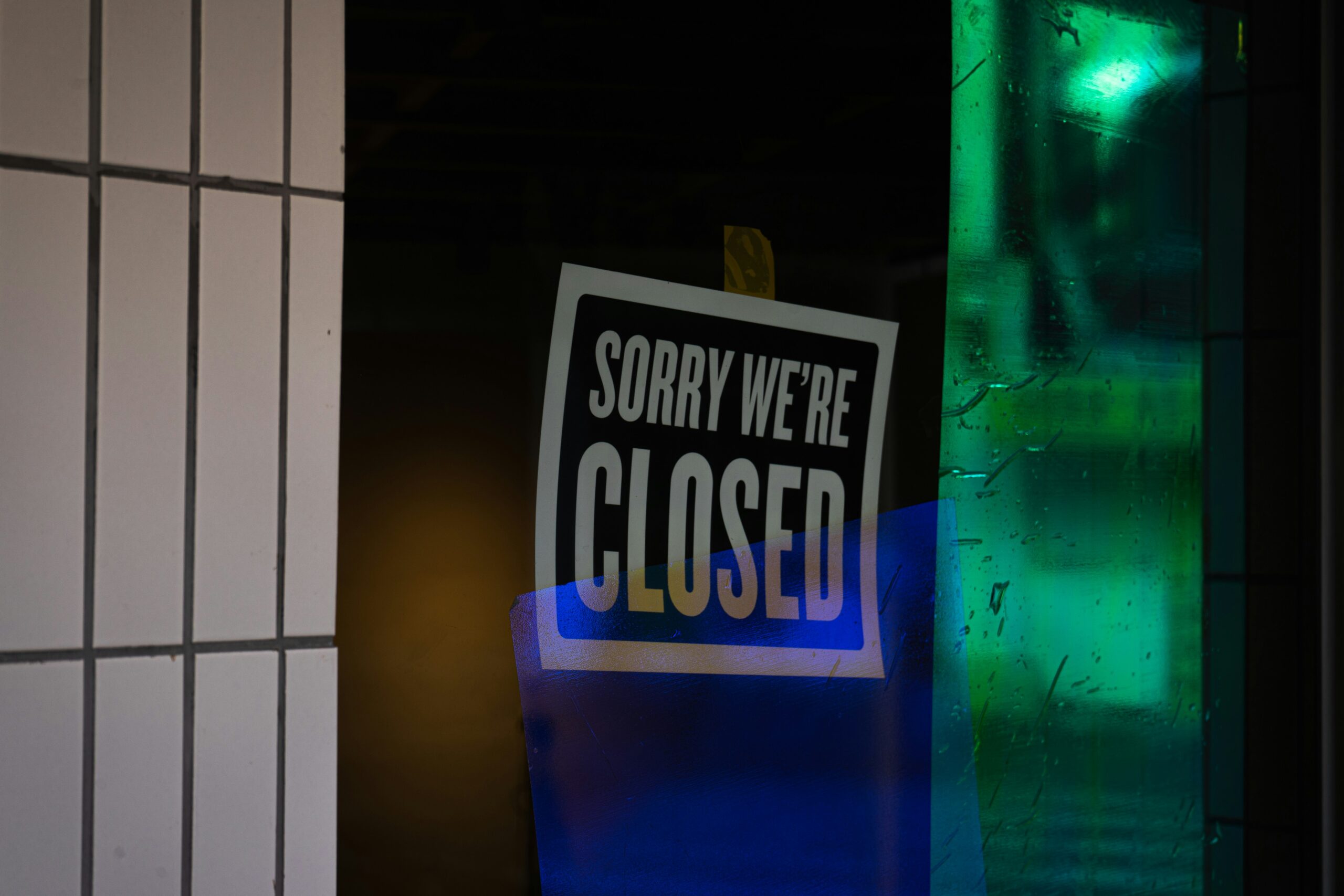Image credit: Unsplash
Business leaders have begun to express public concern about President-elect Donald Trump’s tariff policies, actively seeking ways to persuade his mind on tariffs. In the most recent news, Trump suggested raising tariffs on China by 60% or more and up to 20% on most goods from other countries.
Businesses Reacting to Aftermath of the Presidential Election
Immediately following the election, business leaders were merely processing what the outcome would mean in the immediate term for workers and businesses. Their viewpoints on the election are still being determined, and it remains uncertain whether Trump will actually implement his promised policies.
“I’ve spent time with our team talking about [how], when something is announced, we want to be doing pricing actions with our customers of some magnitude,” Stanley Black & Decker CEO Don Allan told Brian Sozzi of Yahoo Finance, “so we’ve actually started to have some of those conversations with our channel customers in the last week or two. We won’t do anything until we see something that says, here’s what the new world of tariffs is going to be.”
Corporations Express Concern About Impact on the Consumer
According to Sozzi’s interview, Allan has been spending time with certain politicians and individuals who have ties to Trump’s administration to communicate the disastrous results that tariffs could have on Americans. Goods may be more likely to be produced in the United States, but the costs will be far higher, potentially prohibitively.
“When I look at our industry,” Allan explained, “if I took our Chinese operation that we have today that makes power tools and brought it over to the US, the cost to make that product would be about 60% to 70% higher. So it’s substantial, which the consumer will not pay for… So if we’re going to reduce our China exposure, which we are, we’ll be looking at other Southeast Asian countries like Vietnam or maybe Mexico, where we certainly have a significant operation already.”
Potential Inflationary Pressure on the Public
Gap CEO Richard Dickson shared a similar sentiment, discussing macroeconomic implications in the form of inflationary pressure on consumers. Brooks Running CEO Dan Sheridan expressed concern that the suggested tariffs would increase sneaker prices. Investment goes out of R&D, and what they can’t cut will be passed on to the consumer. “You can’t pass a 25% lift in cost completely,” he stated.
Heightening the Trade War
It’s hard to ignore the impact that a scale-up in the trade war would have on the United States economy. As Goldman Sachs’ chief Jan Hazitus said, “Moving toward a broader trade war would reinforce US dollar upside but put pressure on global equities. Unusually high US equity valuations not only dampen long-term expected returns and amplify the potential reaction to any economic weakness.”
Will the Trump Administration Listen to American Corporations?
Corporations are concerned about the implications of an expanded trade war through tariffs. Whether their voices will be heard by the Trump administration or the president-elect himself remains to be seen, but their widespread uncertainty is certainly not to be ignored.
The ultimate concern is that consumers will face higher prices, and stock prices will decline despite whatever benefits the imposition of tariffs may bring. The growth of the United States economy would likely suffer from any such additions.
“We don’t know what categories of items could—or even what countries—tariffs could apply to,” Walmart CFO John David Rainey said.” [But] we are familiar with this. And if we look back historically when tariffs were enacted seven years ago, it did result in higher prices for customers.”





